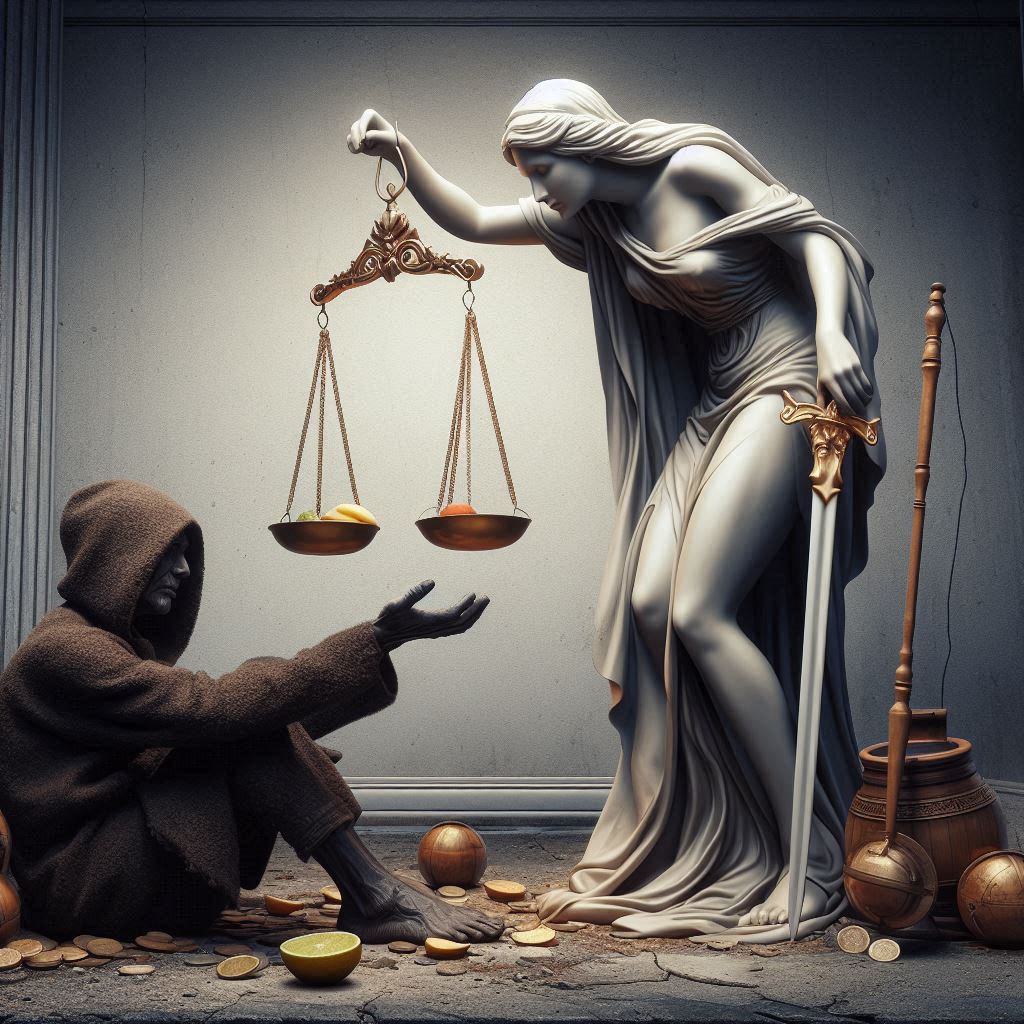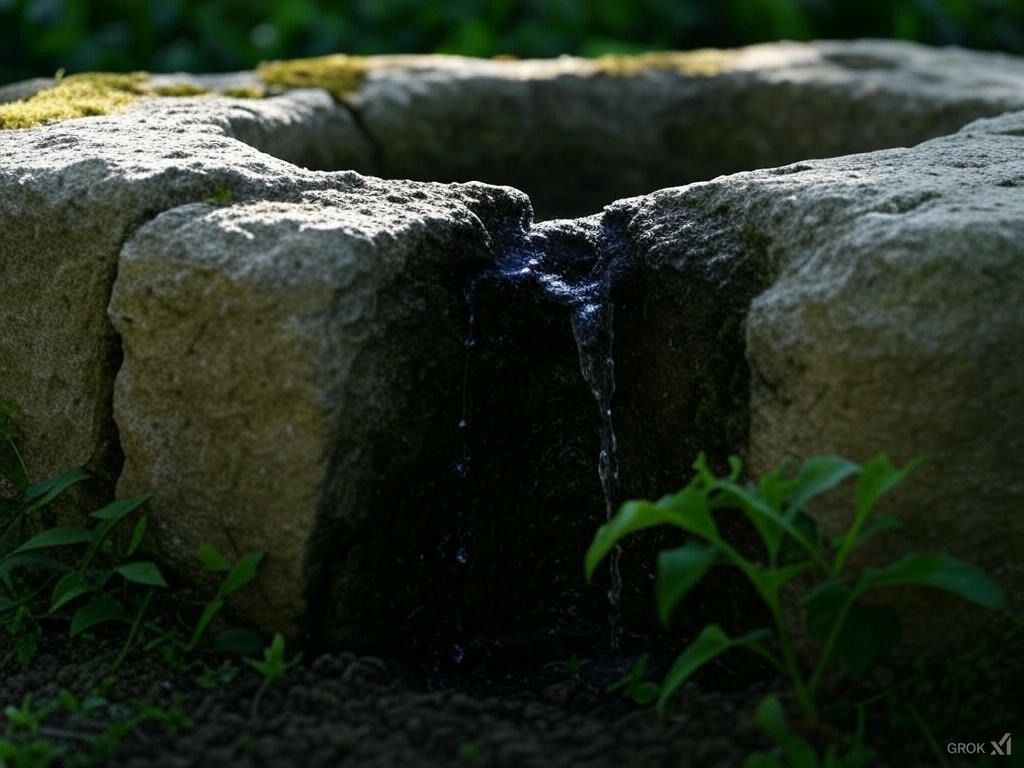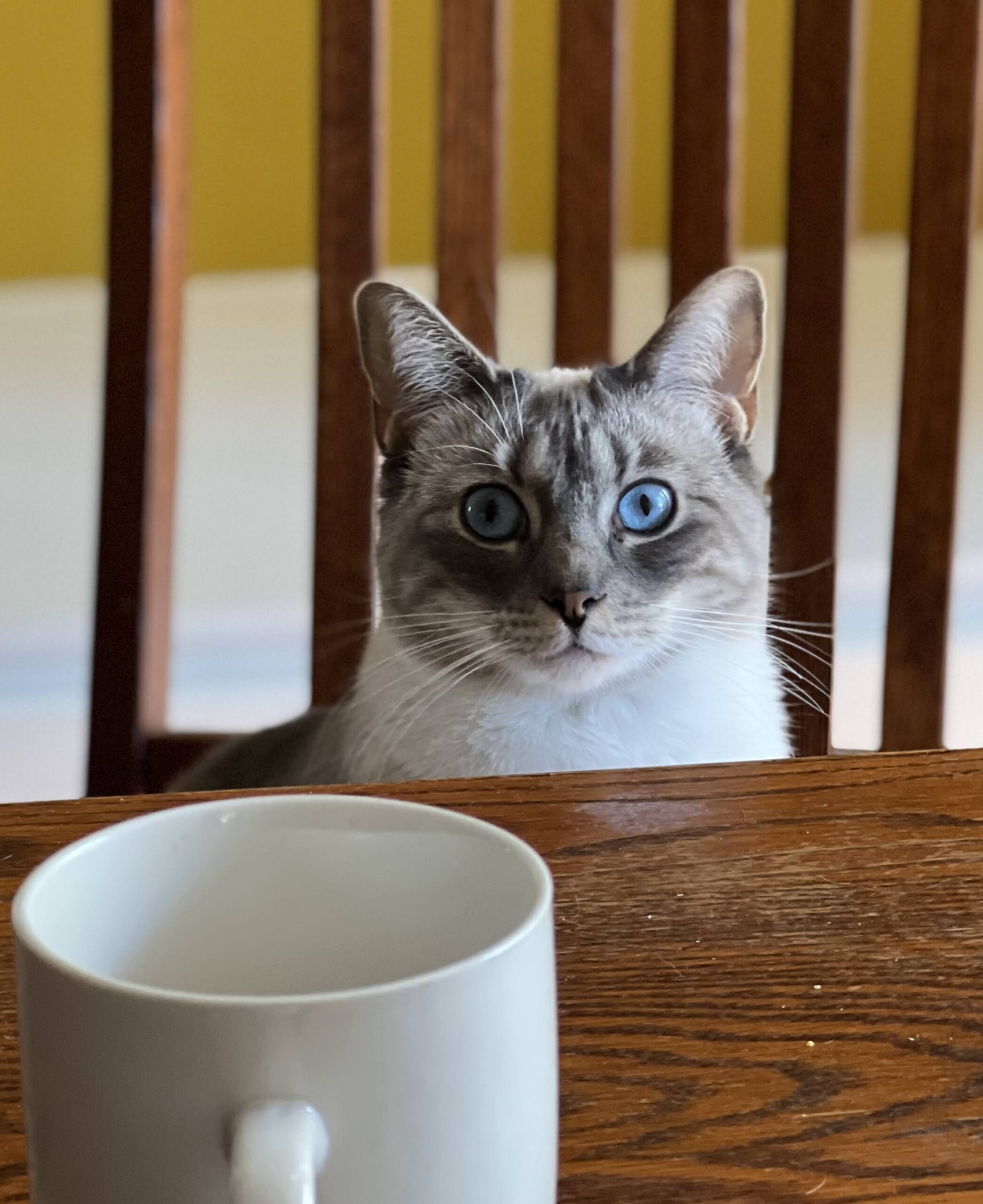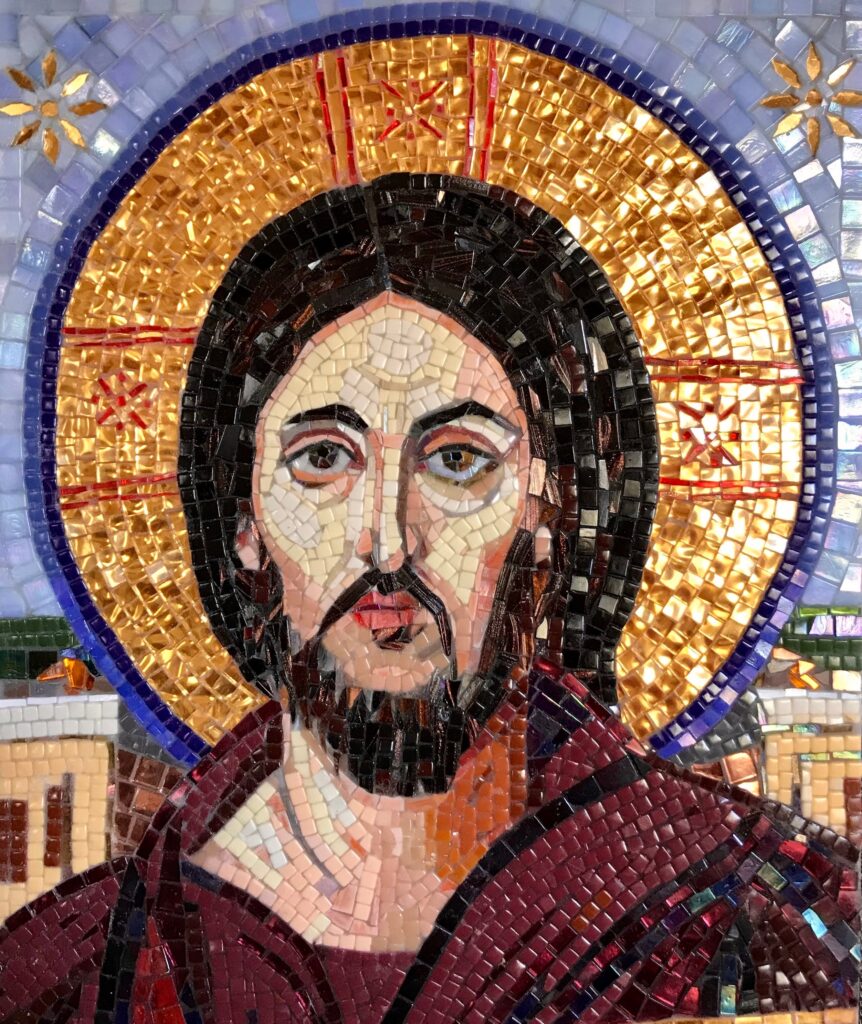Korah’s rebellion seems like justice. It’s everything that we would say that God longs for. Equality, inclusion, and the right for others to participate in the leadership of Israel.
Moses was hogging the authority, and, seemingly, the glory.
All are equal before God. All were called out of Egypt, Korah cries out, and not just Moses. It was time that leadership started to be shared amongst more people.
They united against Moses and Aaron and said, “You have gone too far! The whole community of Israel has been set apart by the Lord, and he is with all of us. What right do you have to act as though you are greater than the rest of the Lord’s people?” Numbers 16:3 (NLT)
Fight for equality!
Except it wasn’t of God. God chose Moses, the humble, and not Korah and the others. Equailty wasn’t his end, salvation was. Saving them not only from Egypt, but from themselves, into himself.
Interestingly, Korah had to harden his heart, to go against the will of God. He had to close it off, to justify his response. It didn’t matter how right it sounded, he had to actively choose the rebellion.
How often do we do this, when we don’t like something or when it irks our own personal sense of what is right. And yet, we have to conjure up our own fury to make ourselves mad about it. God’s paternal warning is there, Stop! Child, take a step back. Let down your guard, and don’t allow your hearts to harden as in the rebellion. (Hebrews 3:8)
Your anger, oh man, does not produce God’s justice. (James 1:20)
Let me be the one to lead you. Be at peace.
Soften your heart, and listen to the prompting of God, and the one who loves you will lead you home.








